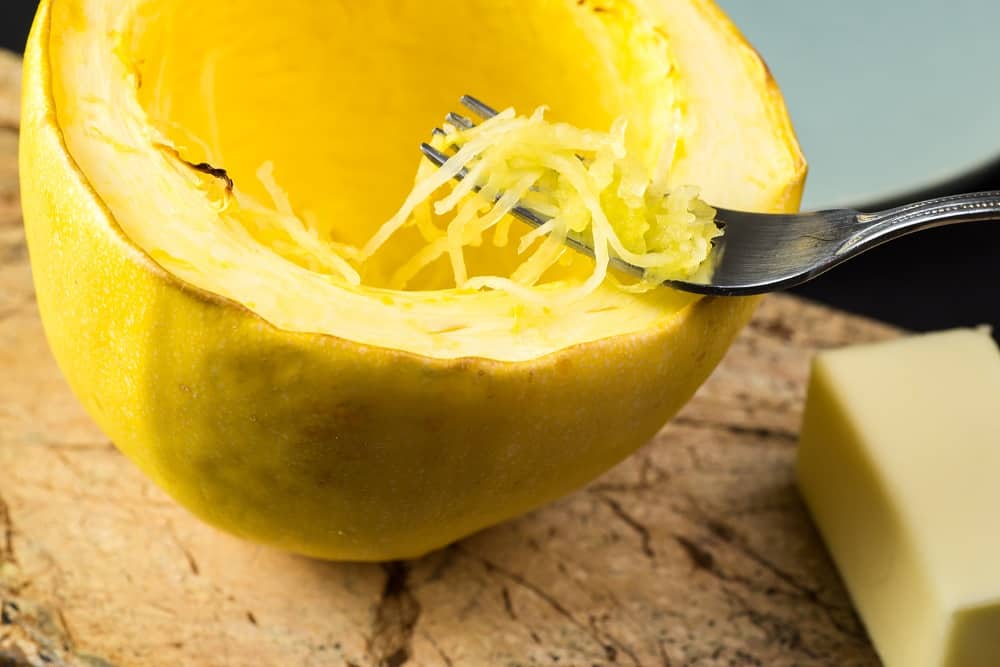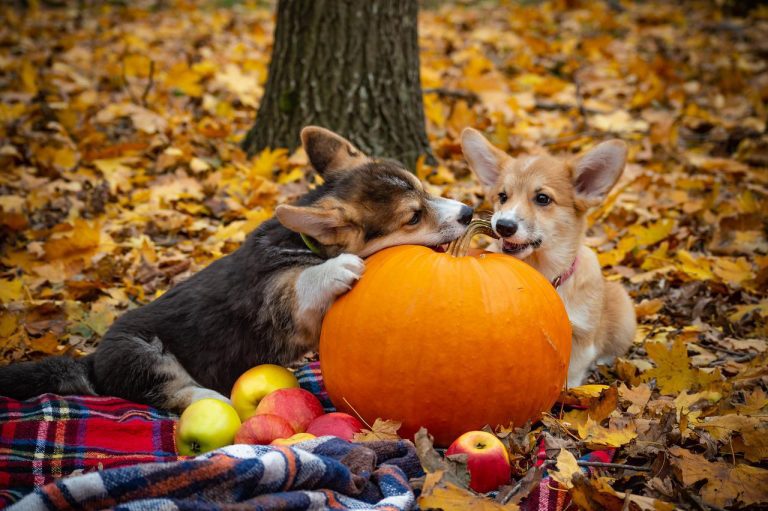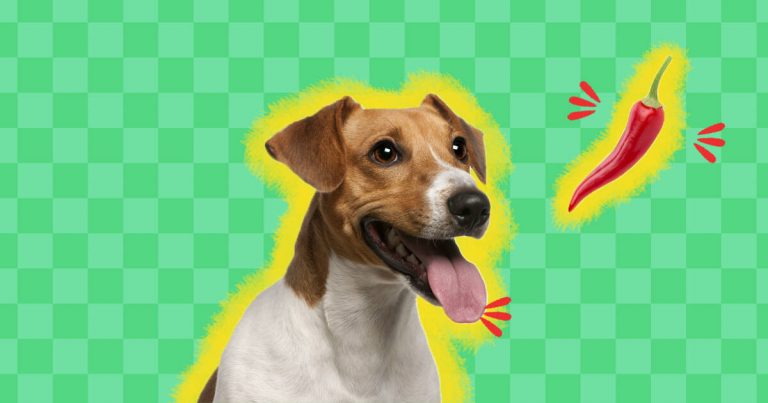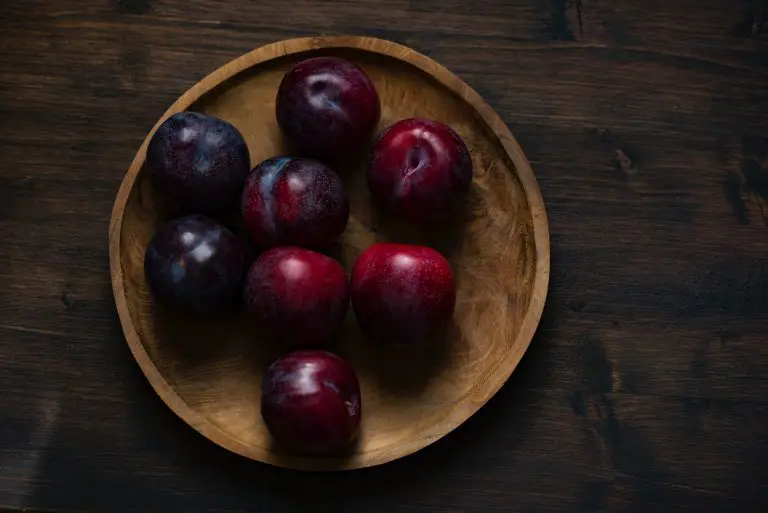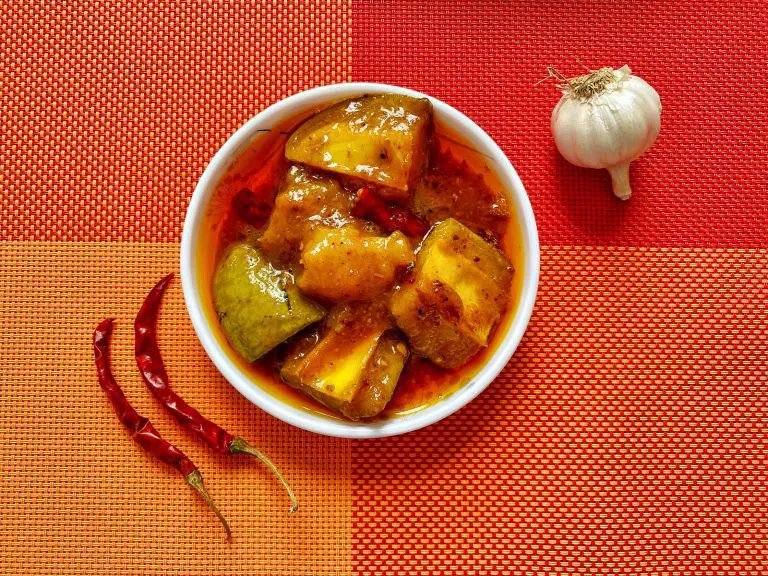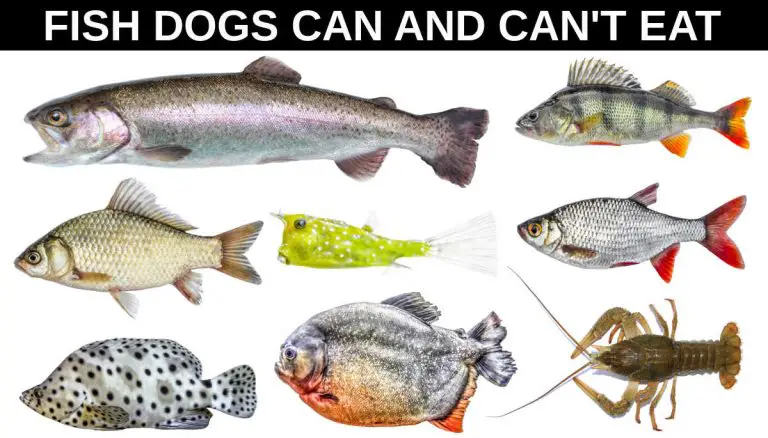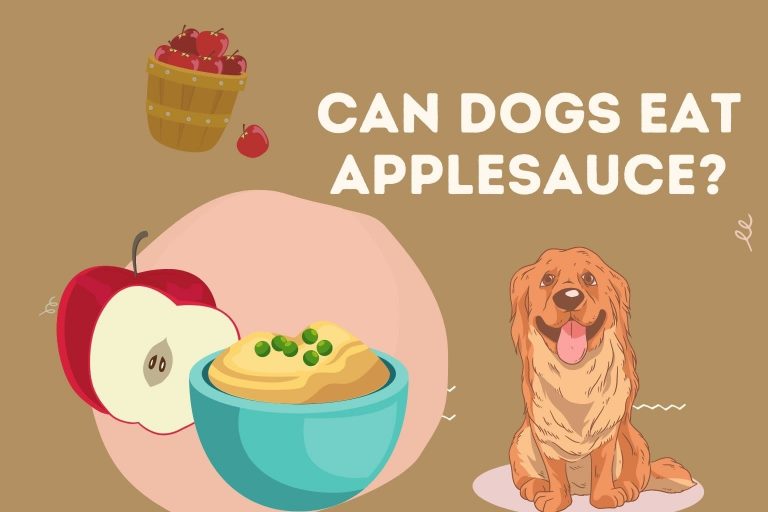I am a retired lawyer who lives with his wife in a small town in California, called San Marino. After 40 years in service, most of my time is spent sitting on the terrace, reading in retirement.
Me and my wife, are often visited by my by college buddies, and we share a great time reminiscing the days gone by. However, being an older man isn’t easy for you to get tired too early. Yet, one individual that gets me up and moving is Max, my Dog.
Max was gifted to me by my daughter Katelyn on my birthday, two years ago. Max is a tan show-line German shepherd, who’s loyal, friendly, and sociable.
Soon after I got him, I realized me and Max have so much in common. We go for walks, play Frisbee in the yard, and, most of all, we share a love for food.
One food item that gets Max crazy is Spaghetti Squash. Oh, how he adores it. The mere sight of it gets him jumping around as if it’s still a little puppy.
This got me thinking, can dogs eat spaghetti squash? Let’s find out
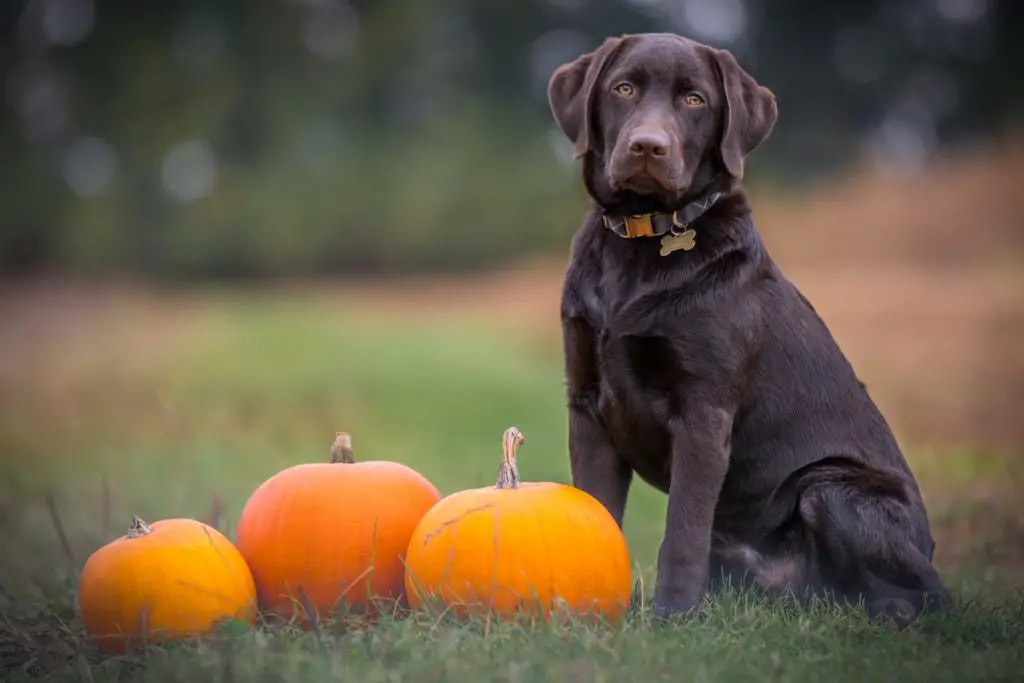
Is Spaghetti Squash Safe for Dogs?
The answer to the question, can dogs eat spaghetti squash? Is yes, dogs can eat spaghetti squash, and it is perfectly safe for your fuzzy canine. Not only that, but dogs can also eat other forms of squash, such as Zucchini and pumpkin squash.
If you want to feed your dog a grain-free diet, spaghetti squash serves as a great alternative to rice and pasta. If you want to feed spaghetti squash to your pooch, you need to make sure the meal is safe, yet packed with a variety of healthy nutrients.
To begin with, start by scooping the meat of your squash. The stringy noodle-like things must be taken out and fed to your dog. Make sure that the stringy meat is removed from the rind that is thick and hard. Some of the rinds are alright for your dogs to munch on.
However, the thicker rinds from a variety of winters squashes, such as acorn or spaghetti squash, are not suitable for your dog. Thick raw squash isn’t recommended for your dog either.
Sometimes, dogs eat up the shell of the spaghetti squash, which is naturally hard and thick. If your dog has done the same, do not worry. The shell isn’t necessarily toxic; however, it can create slight problems for your dog.
A dog’s digestive system might have a hard time processing the thick hard shell. Furthermore, if the bite is unnecessarily big, your dog might choke on it.
The pieces of the hard and thick shell could get stuck in your dog’s intestine, thus resulting in an obstruction. If left untreated, a blockage in your dog’s intestine can prove fatal and must be operated in some cases.
If your dog has eaten a big chunk of the spaghetti squash skin, you must look for the signs of blockage, some of which are mentioned below.
- Vomiting or affected bowel movement
- Changes in behavior like lethargy and refusing to eat
If you are sure, your dog has had a significant amount of squash skin, make sure it doesn’t exhibit the symptoms of an intestinal blockage. If it does, without wasting a minute, take it to the vet, right away.
One more thing that you need to make sure, before feeding spaghetti squash to your dog, is that the seeds are removed. The seeds found in fruits and vegetables are toxic, and mustn’t be fed to dogs.
Besides being toxic for canines, similar to the thick skin we discussed in the previous paragraphs, fruit and vegetable seeds can contribute to intestinal blockage.
If you are preparing spaghetti squash for a family dinner, make sure the seeds are discarded right away. Try not to dispose of them off in the garbage bin, for it makes it easier for your dog to find them.
If you have caught your dog munching on the rind or the seeds, book an appointment with the vet right away.
How to Prepare Spaghetti Squash for Your Dog?
If your dog has a taste for spaghetti squash, you should let them have it once in a while. However, when preparing spaghetti squash for your four-legged buddy, there are a few things you need to take care of.
To begin with, try to cook spaghetti squash, instead of letting them have it raw. Feeding raw spaghetti squash to your dog is wrong for two reasons. Number one, it affects their digestion, thus leaving them with an upset tummy.
Secondly, the seeds of the spaghetti squash are not suitable for a dog’s teeth, and they have a hard time chewing it. Furthermore, before feeding spaghetti squash to your dog, make sure to cut it up, instead of feeding them larger chunks.
We, humans, tend to add butter, cream onions and spices when cooking spaghetti squash. The same should not be done when cooking spaghetti squash for your dog. These additives, although delicious for us humans, give your dog’s digestive system a hard time.
Furthermore, seasonings like onion and garlic are toxic for dogs, and even a little bit of them can make your dog’s health suffer.
The best thing you can do is mix a small amount of plainly-cooked spaghetti squash in your dog’s prescribed dog food. You can also let your dog enjoy spaghetti squash as a separate snack, but it’s better if you mix it up with the dog food.
As discussed earlier, if feeding spaghetti squash to your dog, as a separate snack, make sure it is cut into smaller pieces. Not only does it help with digestion, but it also helps your dog chew it better.
Too much spaghetti squash can give your dog diarrhea. Just like anything else, try to feed this food to your dog, in moderation.
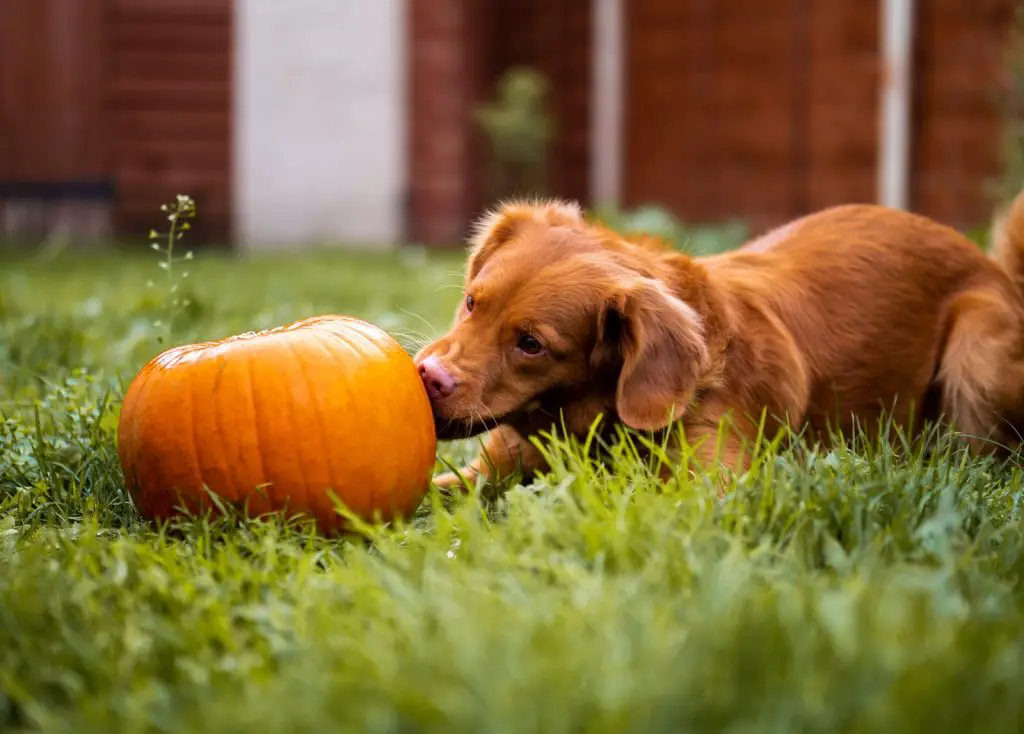
Why is Spaghetti Squash Good for Your Dog?
If you are still wondering can dogs eat spaghetti squash or is it healthy for them, then let us show your all the health benefits of consuming spaghetti squas.
If fed in moderation to your dog, without the seeds and the skin can prove nutritious. Let’s unveil, some of the health benefits of eating spaghetti squash, for your dog.
The stringy nature of the spaghetti squash is what distinguishes this vegetable from the rest. It contains a considerable amount of fiber, which is vital to your dog’s well being. Fiber helps your canine friend, have a healthy digestive system.
If your dog is having a troubled bowel movement or only constipation, you should consider feeding it foods that are rich in fiber, and in this case, the spaghetti squash. It works wonders for a dog’s metabolism and digestive system.
Spaghetti Squash is rich in several necessary minerals, which is vital for your dog’s health. Most importantly, spaghetti squash contains a significant amount of magnesium and potassium.
Both of these minerals are extremely important for a dog’s body functions. It even contains copper, which allows your dog’s body to absorb iron. Lastly, it contains Folate, which ensures the health of your dog’s cell membranes.
Just like other members of the squash family, the spaghetti squash is rich in Beta Carotene, which is converted into vitamin A. This nutrient is essential for it helps maintain healthy eyesight among dogs.
It also helps in the more robust growth of younger puppies. Furthermore, Beta Carotene fights the effects of aging in elderly dogs and eliminates the possibility of eyesight loss.
The spaghetti squash is rich in antioxidants, which improve the immune system in dogs. A stronger immune system keeps diseases and ailments at bay. As a result, your dog remains healthy and does not need to be frequented to the vet regularly.
What Are the Nutrients Found in Spaghetti Squash?
We have discussed the health benefits of spaghetti squash for dogs. Let’s discuss in detail the nutrients found in spaghetti squash, which are beneficial to a dog’s health.
Spaghetti squash contains 5% potassium. Potassium is a vital mineral that is required by every organism for the right functioning. Furthermore, this mineral is an electrolyte, for it possesses a higher reactivity with water.
When this mineral is mixed with water, it tends to produce positively charged ions, which help in electrical conduction. Potassium plays a vital role in fluid regulation, muscle contractions, and also helps in sending nerve signals.
Spaghetti Squash contains 1 gram of protein. Protein, allows your dog’s body to function correctly. Also, the amino acids found in proteins are vital contributors to a dog’s healthy skin and fur. They play a crucial role in tissue repair and the development of muscles. Proteins are also essential to a robust immune system in dogs.
Another good nutrition found in a spaghetti squash is fiber. Spaghetti squash contains 2.2 grams of fiber. In the same way, as it does to humans, fiber improves digestion in dogs as well. As a result, the dog stays fit and less obese.
Furthermore, healthy metabolism allows a dog to stay free from diarrhea and chronic constipation. Fiber also eliminates the risk of diabetes in dogs. Fiber also reduces the risk of colon cancer.
Spaghetti squash is an excellent source of manganese (8% of the RDI). Manganese allows your dog to absorb carbs and proteins from the diet it feeds on. Also, manganese catalyzes more than 300 enzyme functions. Some of these functions include turning food into fatty acids and energy.
In combination with other minerals, manganese allows your dog to have a healthier and stronger skeletal structure. It improves the functioning of the internal organs in a dog’s body. It also helps fight against aging and makes your dog appear young and fit for a long time.
Lastly, manganese is an antioxidant that prevents oxidation in your dog’s body.
One of the essential vitamins for your dog found in spaghetti squash is Thiamine or vitamin B1. It needs to be a critical part of your dog’s diet if you want it to stay healthy.
In case, there is a deficiency of Thiamine in your dog; it will experience a reduction in appetite, gastrointestinal issues, and weight loss. If left untreated, thiamine deficiency in dogs results in neuromuscular weakness, and in extreme cases, your dog might even experience a heart problem.
How Much Spaghetti Squash Can My Dog Eat Regularly?
By now, we have discussed how spaghetti squash is beneficial for your dog’s health. It contains all the nutrients which allow a dog to grow, digest food, and stay fit. As discussed earlier, spaghetti squash can be fed to your dog as a separate snack.
However, before feeding spaghetti squash to your dog, make sure it is cooked. Also, the skin and the seeds should be removed. The surface of the spaghetti squash is thick, and it is difficult for a dog to chew and digest.
Too much of the skin can give your dog intestinal obstructions. As far as the seeds are concerned, they must be removed for they are toxic, and can raise severe health concerns.
As far as feeding it regularly to your dog is concerned, it is better to add some of it to their dog food. Although, there is nothing wrong with feeding it as a separate snack to your dog regularly.
Spaghetti squash contains Thiamine, the deficiency of which can put your dog under a lot of health risk. Therefore, it is essential to feed your dog spaghetti squash every once in a while. All you have to do is make sure that your dog eats only the stringy meat, and not the skin and seeds.
Furthermore, when feeding spaghetti squash to your dog, make sure to break it into smaller pieces. Refrain from feeding big and hefty pieces to your dog.
A DIY Recipe for Dog Friendly Spaghetti Squash
Now that you know the answer to can dogs eat spaghetti sqush, let us prepare this delicious meal for them.
As discussed earlier, spaghetti squash is entirely safe and healthy for your dog. However, if you want to combine some variety with creativity, you can prepare an easy DIY-dog friendly spaghetti.
Let’s dig in.
The Ingredients You’ll Need
- Whole wheat pasta
- Tomato paste
- Canned tomatoes
- Oregano
- Marjoram
- Sage
- Thyme
- Bread crumbs
- Eggs
- Cheese
- Ground Turkey and pork
To begin with, you need to make meatballs. To do so, you need to put the lean ground turkey and pork in a bowl. Add some plain bread crumbs, and break open an egg into the mixture. Sprinkle some cheese, and add a dash of Italian herbs. Mix them thoroughly until they are nice and fine. Take small portions of the mix you have just made, and make meatballs out of them.
Once the meatballs are ready, cook them with tomato sauce in a pan. Meanwhile, boil the whole wheat pasta, until it’s nice and tender. Add the cooked meatballs to the pasta, and there you go. The DIY dog pasta is ready.
Serve it on a platter, and let your pooches munch.
Signs Your Dog Likes Spaghetti Squash
Most dogs love to taste some of that nice stringy spaghetti squash, but some dogs don’t. Here are some signs; your dog likes spaghetti squash.
Just looking at spaghetti squash, or sniffing it makes them pant and drool.
They try to plunder the garbage bin, hoping to find some scraps of the sweet and springy spaghetti squash.
Every time you have spaghetti squash, you find your dog revolving around the dining table.
They try to open the kitchen door, in search of the spaghetti squash.
Whenever they eat it, they try to move it around with their nose, hoping to find the best part.
Signs Your Dog Dislikes Spaghetti Squash
Here are some signs your dog doesn’t like spaghetti squash.
They won’t eat, no matter how hard you try to feed them.
Every time they eat it, they eat extremely slow, which shows they don’t have a natural liking to it.
If your dog throws up, gets sick every time it eats spaghetti squash, it is a tell-tale sign; it is not such a right food choice for them.
My Dog Just Ate Some Spaghetti Squash, What Do I Do Now?
First of all, relax. If your dog has eaten some spaghetti squash, there is nothing wrong with it, for it is healthy for your dog.
However, if your dog has eaten the skin or the seeds, then it is better to book an appointment with the vet. The surface is hard to chew and digest, while the seeds are toxic.
If you are sure, your dog has eaten the seeds or the skin, seeking medical assistance is the best option possible.
Conclusion
Can dogs eat spaghetti squash? The answer is yes; they can eat it. However, they should have it in moderation. Furthermore, the spaghetti squash needs to be cooked instead of raw.
Also, the skin and seeds must be removed, for they aren’t suitable for your dog. Lastly, when cooking spaghetti squash for your pooch, make sure not to add any oil, garlic, or onions, for they deprive it of its natural nutrition.

